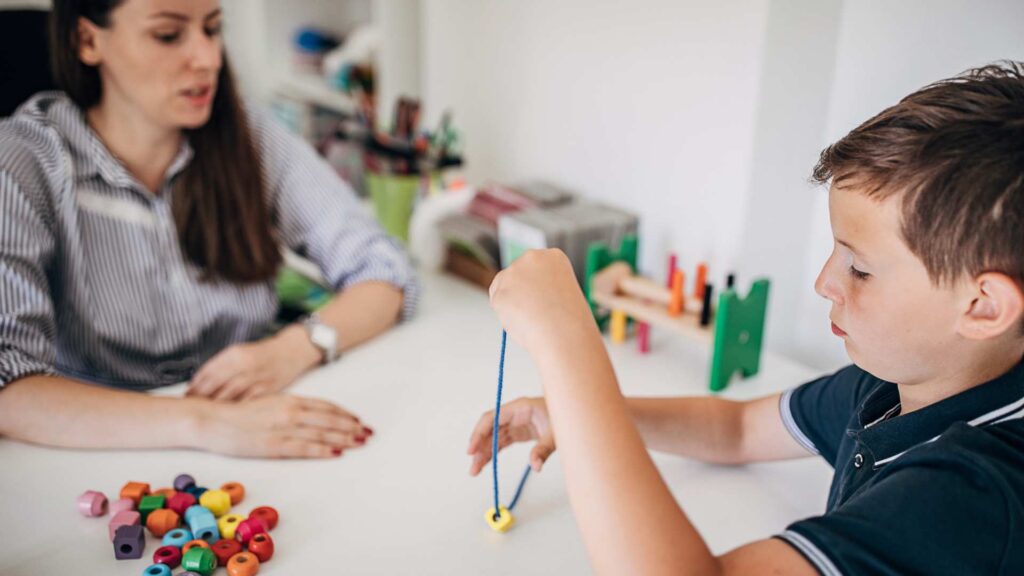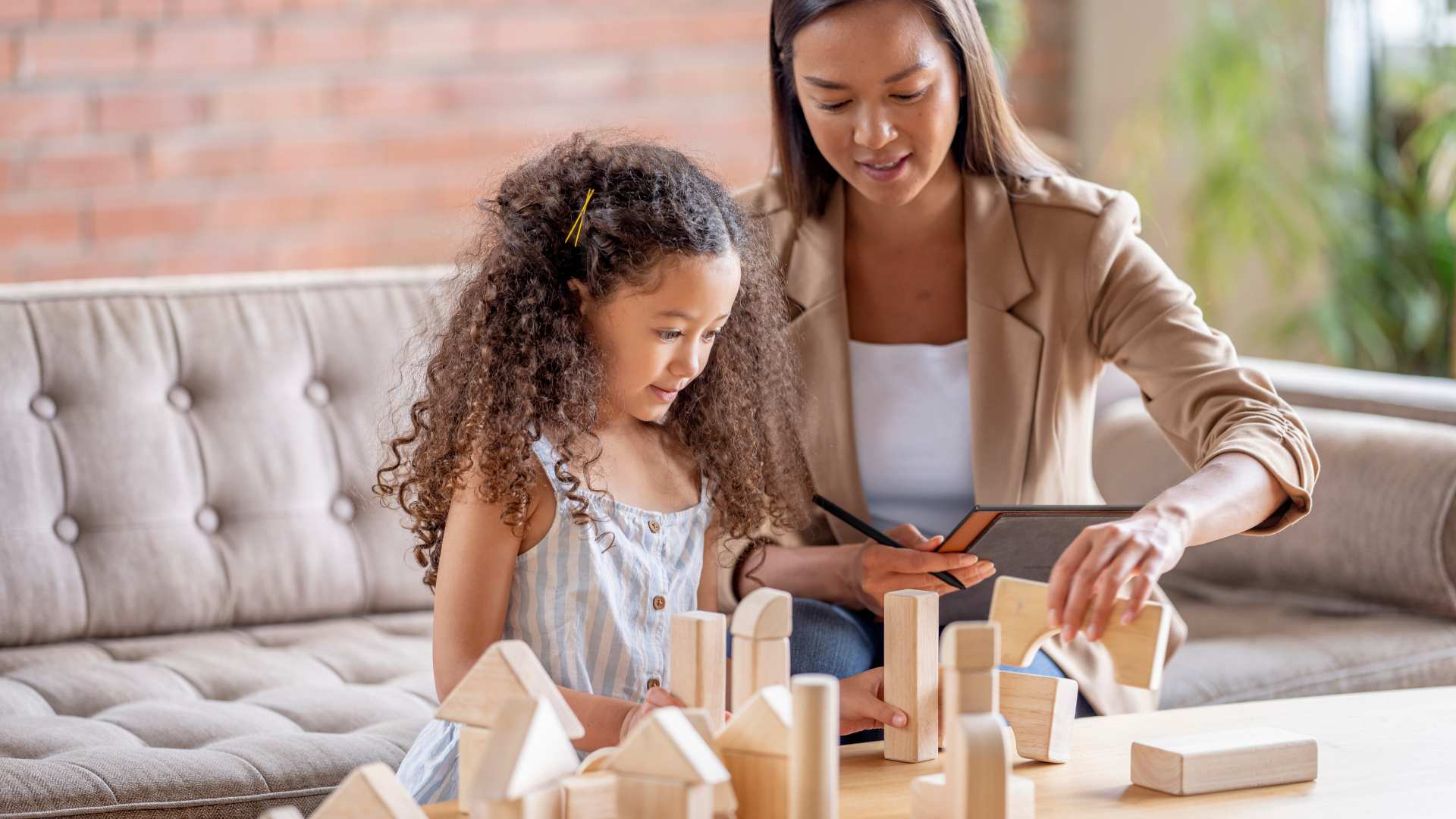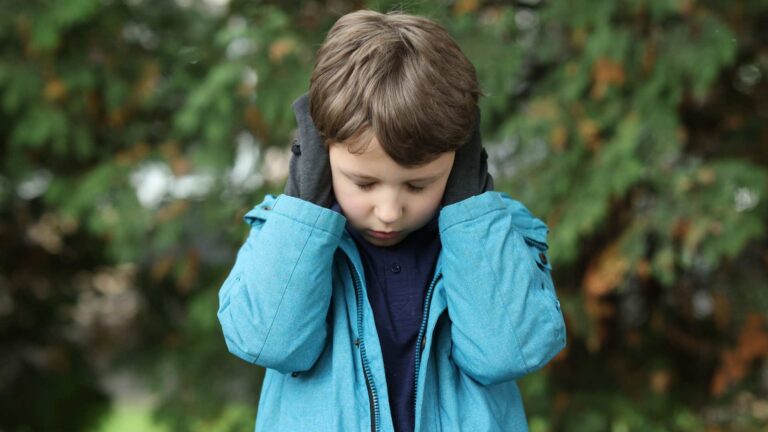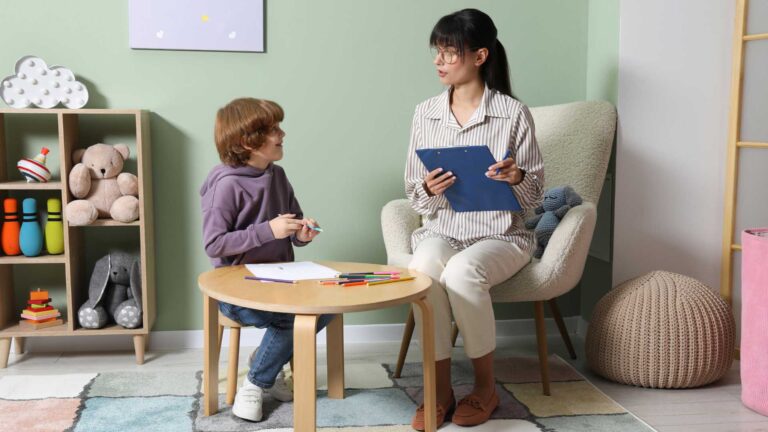Tabla de contenidos
Why are soft skills necessary in ABA?
Families searching for high-quality autism support often focus on credentials, clinical experience, and treatment models. While these elements matter, another equally important piece deserves attention. The strength of ABA therapy depends not only on the science behind it but also on the person delivering the care. That is why soft skills in ABA therapy play a vital role!
A Board Certified Behavior Analyst (BCBA) and Registered Behavior Technician (RBT) can know every ABA procedure, data system, and intervention strategy, yet still struggle to create meaningful change if they lack soft skills. These skills often include warmth, patience, communication, or emotional awareness.
Children, especially children with autism, learn best with people they feel safe with. The right therapist knows how to read their needs, support their communication style, and build confidence through small wins.
Families often describe the best ABA providers as kind, present, intuitive, and supportive. These qualities, combined with clinical knowledge, allow therapists to deliver ABA with respect, care, and intention.
Understanding these skills helps caregivers choose the best team for their child. This blog by Texas ABA Centers explains the most essential soft skills in ABA therapy, why they matter, and how they elevate the quality of treatment.
What Are Soft Skills in ABA Therapy?

La National Library of Medicine explains that soft skills in ABA refer to qualities like emotional intelligence, strong communication, and the ability to build positive relationships. These skills complement the technical training of professionals such as RBTs and BCBAs.
Unlike hard skills, which deal with procedures, data collection, and analysis, soft skills focus on how therapists connect and interact with clients, families, and other team members.
Las investigaciones shows that approaches rooted in empathy and collaboration can significantly improve therapy outcomes. Creating a supportive and understanding environment helps children feel safe, valued, and more willing to take part in their sessions.
Why Soft Skills in ABA Therapy Matter So Much
The core of la terapia ABA centers around learning, communication, and behavior. To support these areas effectively, ABA professionals need more than technical training. They also require the ability to foster genuine connections.
Children pick up on tone, body language, emotional cues, and authenticity. A therapist who brings empathy, patience, and adaptability to sessions creates a supportive atmosphere where the child feels safe working through challenges.
Soft skills also help therapists understand the individuality of each child. No two children with autism learn the same way.
Some need gentle motivation, others respond to structured routines, and some require sensory support before they can fully participate. Therapists with strong interpersonal skills notice these nuances and adjust their approach naturally.
Families benefit as well. ABA therapy involves collaboration, and caregivers need therapists who listen, communicate clearly, and respect their priorities. Strong soft skills build trust, reduce stress, and encourage families to stay involved in the process.
The Foundation of High-Quality ABA Therapist Skills
When people talk about ABA therapist skills, they often mention reinforcement strategies, prompting systems, data collection, or behavior intervention plans. These technical abilities matter and form the backbone of ABA therapy. But they work best when supported by strong human skills that allow therapists to build connections and create a positive learning atmosphere.

Let’s check the most essential soft skills in ABA therapy and why each one shapes the experience for children and families.
Empathy, Seeing the Child Beyond the Behavior
Empathy allows a therapist to view the child as a whole person with communication needs, emotions, preferences, and frustrations. Instead of reacting to challenging behaviors, therapists with empathy look deeper. They observe what the child is trying to communicate, what they need in that moment, and how to adjust the session respectfully.
Empathy helps create a supportive relationship where the child feels understood. It also builds trust and reduces resistance because the therapist responds with care and sensitivity. This type of connection in ABA sessions allows children to engage more fully and confidently.
Patience, Supporting Learning at the Child’s Pace
ABA therapy requires time, consistency, and repetition. Children may demonstrate progress slowly or show regression before gaining new skills. Patience helps the therapist stay calm, encouraging, and steady during this process.
A patient therapist celebrates small wins, respects the child’s pacing, and provides reassurance during moments of frustration.
Flexibility, Adjusting to Needs in Real Time
Every day looks different in ABA. A child who engaged perfectly yesterday may feel overwhelmed today. Schedules change, sensory needs shift, and unexpected behaviors appear. Flexibility helps therapists pivot quickly without losing focus or confidence.
Clear Communication, Strengthening Collaboration and Understanding
Communication is one of the most outstanding soft skills in ABA therapy. Therapists must communicate effectively with children who have diverse communication styles, caregivers with specific goals, and treatment teams collaborating on plans.
Active Listening, Understanding Before Acting
Active listening helps therapists understand what a child or parent needs before offering solutions. For children, this may involve noticing body language, sensory cues, or changes in tone. For caregivers, it means hearing concerns, understanding priorities, and responding with clarity.
Cultural Awareness, Respecting Family Backgrounds and Values
Families come from different cultures, languages, traditions, and parenting styles. Cultural awareness helps therapists respect these differences and adjust their communication to honor each family’s identity.
This skill strengthens collaboration, avoids misunderstandings, and ensures therapy aligns with each family’s values and goals.
Adaptability in Teaching Styles
Some children learn visually. Others learn through modeling, repetition, or sensory experiences. Adaptability helps therapists shift their teaching methods to match the learning style of each child.
How Soft Skills Improve ABA Outcomes

When therapists combine clinical knowledge with strong soft skills, therapy becomes more impactful. Children stay motivated, engaged, and secure. Families feel supported and informed. Sessions feel meaningful and collaborative instead of stressful or confusing.
Soft skills in ABA therapy help therapists:
- Build rapport
- Reduce resistance
- Increase engagement
- Understand the whole child
- Personalize lessons
- Promote independence
- Support emotional well-being
These ABA therapist skills elevate the quality of therapy and shape long-term progress.
Empowering Families Through Tailored ABA Therapy at Texas ABA Centers
En Texas ABA Centers, the people delivering therapy matter as much as the treatment itself. We hire the best BCBAs and RBTs who bring strong clinical expertise and exceptional soft skills in ABA therapy. Our therapists understand how to connect with children, respect their individuality, support their emotional needs, and collaborate with families every step of the way.
We provide personalized ABA therapy that aligns with the unique needs and abilities of every child. Families can access care through center-based services, in-home, or in-community sessions for additional convenience, and for children who benefit from learning in familiar environments. We also host seasonal events to promote community engagement, connection, and joy within the neurodiverse community.
If your family is searching for ABA therapy delivered with compassion, skill, and dedication, Texas ABA Centers is ready to help. Call us at (877) 771-5725 o completa nuestro formulario en línea. Our team is committed to providing the highest quality care while supporting your child’s growth, confidence, and independence.









